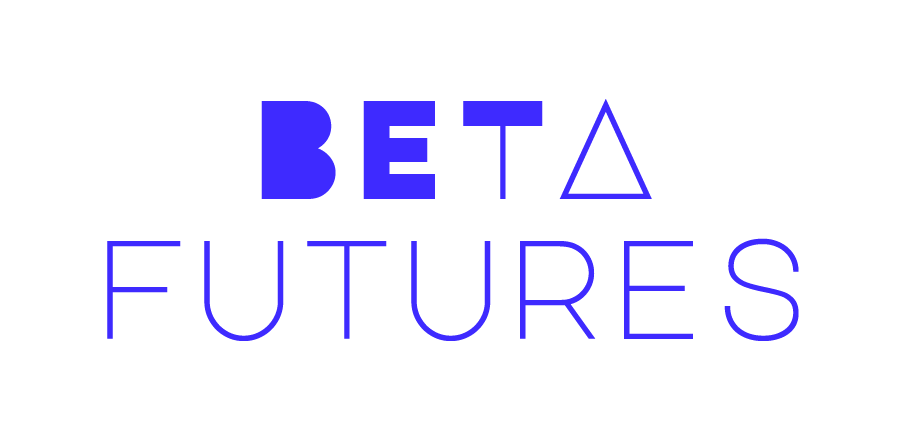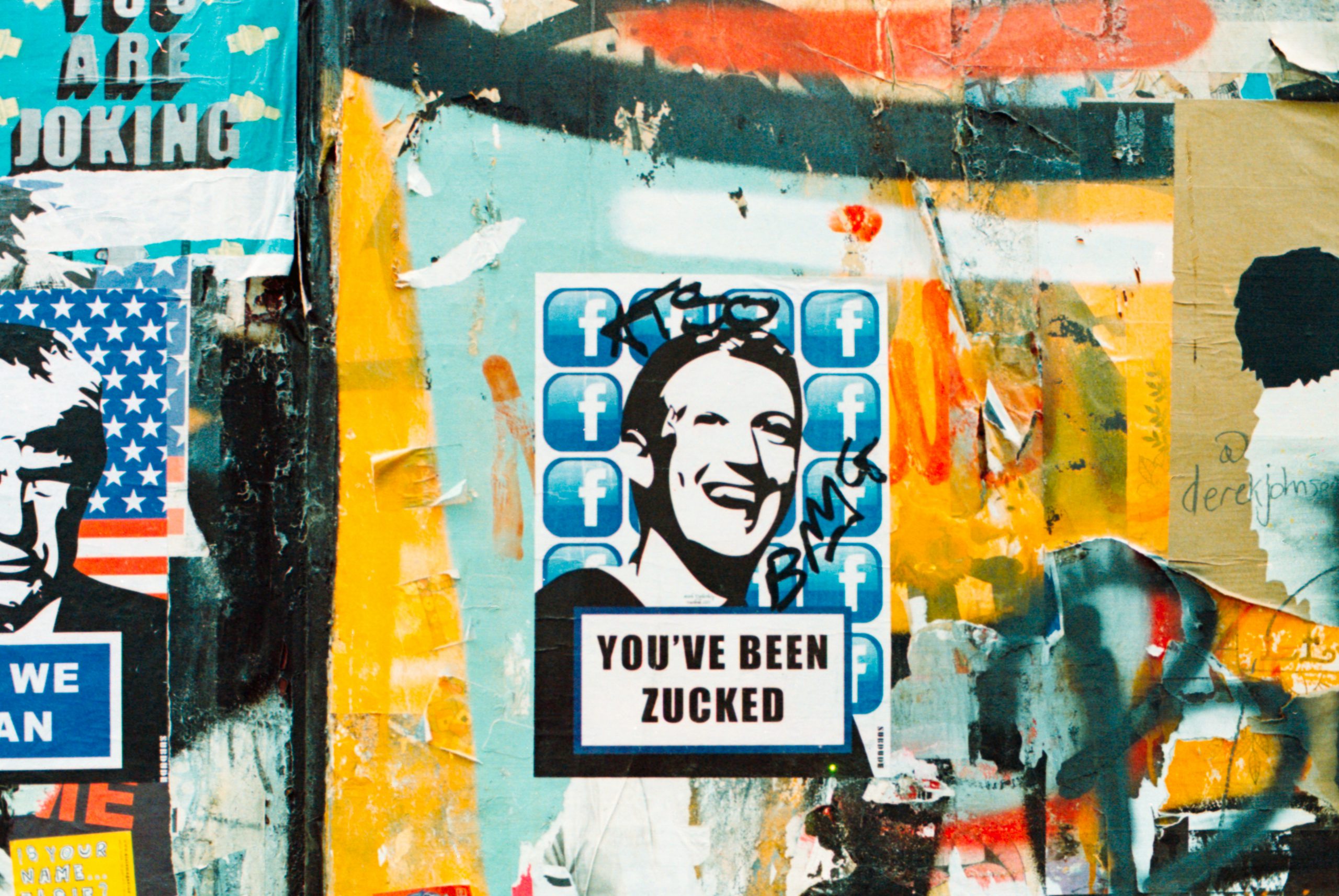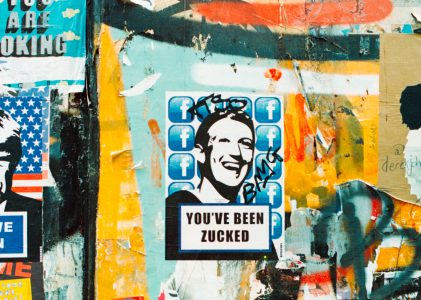Last month, the Wall Street Journal published a series of articles drawn from thousands of pages of leaked internal Facebook documents, labelled the Facebook Files, that purportedly show the ways in which the company prioritises profit over public good. Then, last Sunday (2 October), Frances Haugen, a former Facebook data scientist, came forward not only to acknowledge that she was the whistle-blower who had leaked the documents, but to reveal that they formed the basis of at least eight complaints she had made to the Securities and Exchange Commission.
By Tuesday, Haugen delivered her Senate committee testimony — based on her experience working for the company’s civic integrity division— which sought to highlight what she called a “structure of incentivization”. By directing resources away from important safety programs and encouraging platform tweaks to fuel growth, these performance metrics dictated operations, Haugen said, a design that encouraged political divisions, violence, and in some cases civil unrest.
In her testimony to congress Haugen states that she:
“saw that Facebook repeatedly encountered conflicts between its own profits and our safety. Facebook consistently resolved those conflicts in favour of its own profits. The result has been a system that amplifies division, extremism, and polarization—and undermining societies around the world. In some cases, this dangerous online talk has led to actual violence that harms and even kills people”.
The advent of technological tribalism
Facebook’s most consequential impact may be in amplifying our universal tendency toward tribalism. Posts dividing the world into “us” and “them” rise naturally, tapping into users’ desire to belong, as well as being further fuelled by its algorithms privileging negativity. Facebook researchers found that the algorithm’s heavy weighting of reshared material on the News Feed made the angry voices louder and “misinformation, toxicity, and violent content are inordinately prevalent among reshares”. The research suggests that publishers have been consciously reorienting their posts toward outrage and sensationalism, as this drives user engagement, and as such translates into increased advertising revenue for Facebook.
Data scientists on Facebook’s integrity team, which Haugen was a part of, worked on a number of potential changes to curb the tendency of the algorithm to reward outrage and misinformation. However, it is alleged that Facebook Founder Mark Zuckerberg resisted some of the proposed fixes, due to concern they might hurt the company’s main objective of making users engage more with Facebook, and ultimately threaten revenue.
Going South in search of more users
In its ambition for constant growth and engagement, and with a saturated market in the Global North, Facebook firmly set its sights on increasing its penetration in less-developed parts of the Global South. Hence, developing countries have been assiduously targeted by Facebook, particularly through initiatives such as Internent.org and Free Basics. Such initiatives provide free data to the owners of cheap smartphones who cannot afford internet data, through cooperation with major mobile providers. The purpose of which is to help close the global Internet gap, while also conveniently increasing Facebook’s user base, and obtaining their precious data in the process.
At the end of the day, Facebook is the primary beneficiary of Free Basics, not the people in the Global South. It has full control over how users experience the Internet and the information they can access. This can be extremely problematic in countries where institutions such as the free press, parliamentary inquiries, independent judiciaries, public-service broadcasters, universities, and professional bodies are weak. As content that stokes anger or fear produces the highest engagement, Facebook has the ability to wreak havoc on societies, all for the purpose of maximising user time on the site.
Stoking violence around the world
In 2017, it became abundantly clear that Facebook was a catalyst for anti-Muslim sentiment in Myanmar, which subsequently translated into full-blown ethnic cleansing of the Rohingya. Cost-free access to Facebook’s services, through the Free Basics partnership with local telecoms company Myanma Posts and Telecommunications, saw Facebook’s user base in Myanmar skyrocket from two million in 2014 to 30 million by 2017. One of the key figures leading the online hate campaign was the ultra-nationalist Buddhist monk, Ashin Wirathu, who used Facebook to broadcast his views about the Rohingya after he was banned from preaching by the government. However, the government had no ability to control what was taking place on social media. United Nations officials now say that social media has had a “determining role” in anti-Rohingya Muslim violence in Myanmar, which the UN itself has called “ethnic cleansing”.
Similarly, as reported by the New York Times in the article Where Countries Are Tinderboxes and Facebook Is a Match, riots in early 2018 erupted as anti-Muslim anger was whipped up on social media, forcing the Sri Lankan government to impose a state of emergency and block access to Facebook. Sudarshana Gunawardana, the Head of Public Information, recounted “feeling helpless” as Facebook did not respond to concerns about escalating violence. At least three people were killed and 20 injured in unrest, during which mosques and Muslim businesses were burned, mainly in the central part of the Sinhalese Buddhist-majority nation.
“The cost of doing business”
As we know, Facebook did not create Sri Lanka’s history of ethnic distrust any more than it created anti-Rohingya sentiment in Myanmar. However, the platform, by supercharging content that taps into tribal identity, can upset fragile communal balances. This is substantiated by Brian Boland, a former Facebook vice president who oversaw partnerships with internet providers in Africa and Asia before resigning at the end of 2020, saying that Facebook treats harm in developing countries as “simply the cost of doing business” in those places. He also stated that “Facebook has focused its safety efforts on wealthier markets with powerful governments and media institutions, even as it has turned to poorer countries for user growth”.
As Harindra Dissanayake, a presidential adviser in Sri Lanka, suggested back in 2018 “the germs are ours, but Facebook is the wind”. This sentiment coupled with Haugen’s disclosure that “Facebook became a $1 trillion company by paying for its profits with our safety” brings us to question if the time has finally come to take the wind from Facebook’s sails and prioritise peace over profit.


